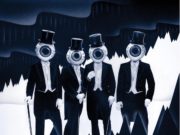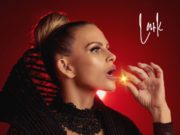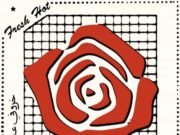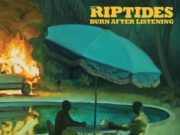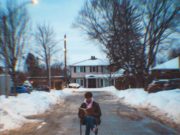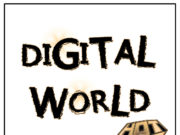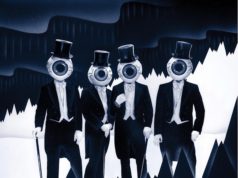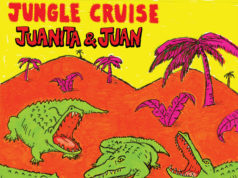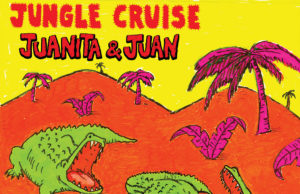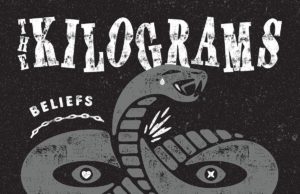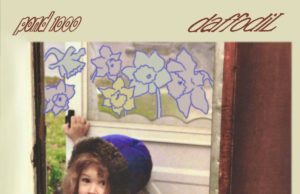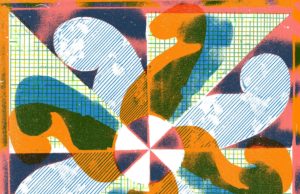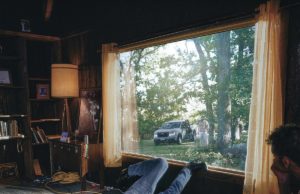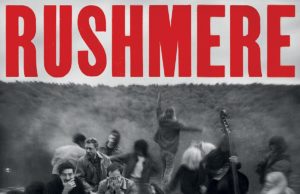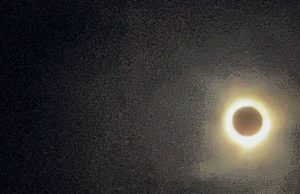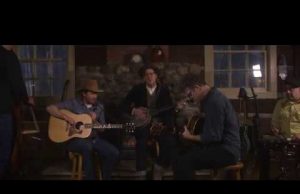 One night, as Tanuki was looking up at the stars, he noticed small specks of light, almost like a luminous rain, was falling from the sky. These, Tanuki reasoned, were stardust, and he held up his hands to catch some, which he did. The motes, which continued to glow and twinkle on his palms, very much looked like dust. An odd occurrence, though. Tanuki had spent many nights looking up at the stars, wondering what kinds of worlds circled them, imagined visiting them, too, but he had never seen stardust before. Had a star exploded, somewhere in the distance? If so, that was a shame, thought Tanuki, because that meant there was one less world that he could visit.
One night, as Tanuki was looking up at the stars, he noticed small specks of light, almost like a luminous rain, was falling from the sky. These, Tanuki reasoned, were stardust, and he held up his hands to catch some, which he did. The motes, which continued to glow and twinkle on his palms, very much looked like dust. An odd occurrence, though. Tanuki had spent many nights looking up at the stars, wondering what kinds of worlds circled them, imagined visiting them, too, but he had never seen stardust before. Had a star exploded, somewhere in the distance? If so, that was a shame, thought Tanuki, because that meant there was one less world that he could visit.
“If only I could fly,” he said, “I’d go as high as I could. I’d fly right up to those stars, and I’d see what wonders they contained with my own eyes. But, oh, only birds can fly, and I’m not a bird. I’m a tanuki.”
It just so happened that a bird was watching Tanuki, and it flew from the tree to land by his side.
“You may not be a bird, Tanuki, but you can still fly. Do you know the secret of how birds fly? No? Well, let me tell you: it’s because we all eat the leaves of the tobu tree. It’s a beautiful tree, with a straight bole and strong branches, and its leaves rustle even if there’s no wind – that’s how you know it’s a tobu tree. Sometimes, if the roots become damaged, the tobu’s flying leaves will pull the tree right out of the ground.”
Tanuki thanked the bird for its wise advice, and he set off at once to find the tobu tree.
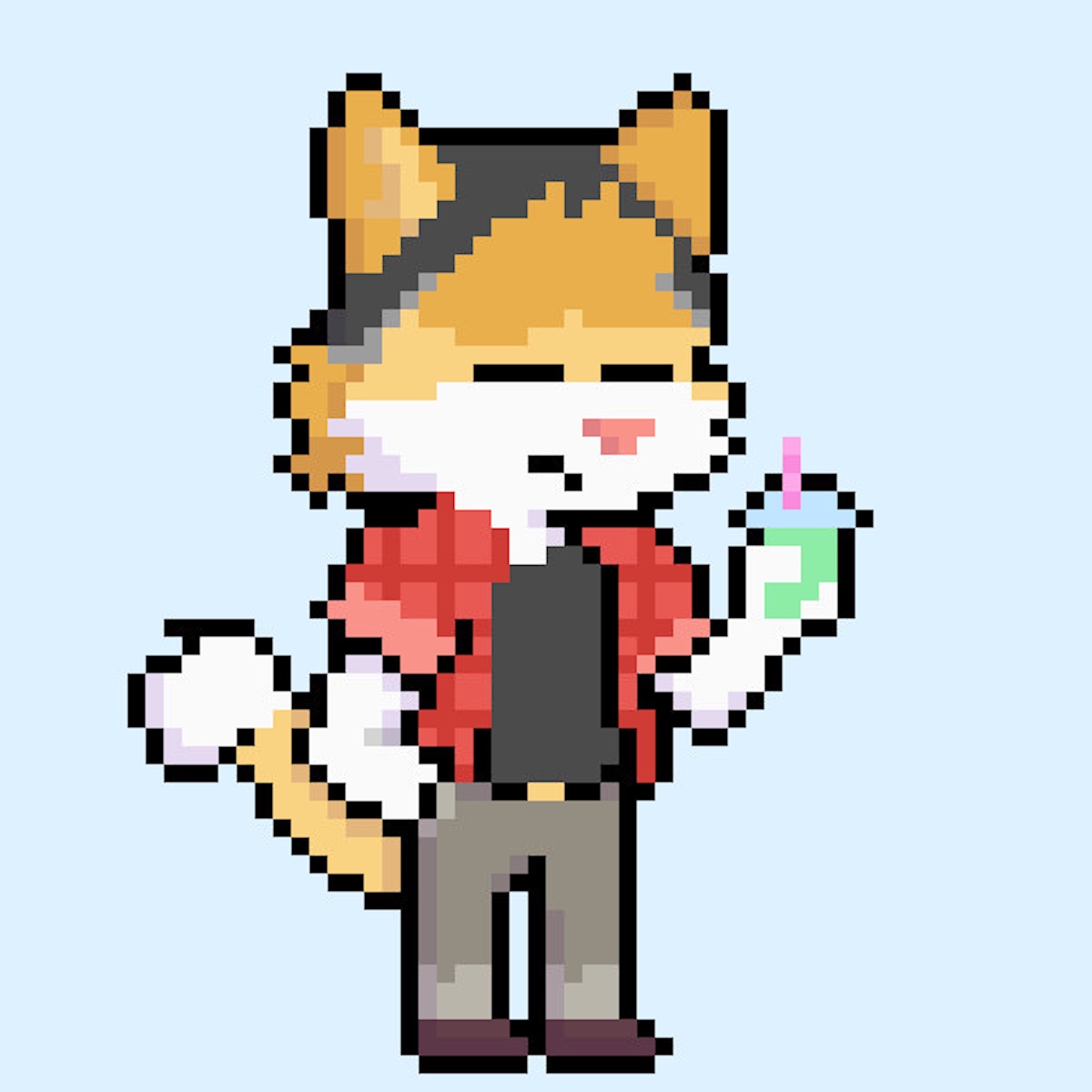
Soon after, Tanuki found a tree that looked just as the bird described; but as Tanuki got closer he saw that despite its straight bole and strong-looking branches, the leaves didn’t rustle. This was not the tobu tree, thought Tanuki, and so he continued.
The next tree, though, was different; this tree’s leaves were rustling. This must be the tobu tree, thought Tanuki, and so he climbed up the tree and collected several of its leaves.
Back on the ground, Tanuki rolled one leaf into a ball, and began to chew; and thoughts of visiting distant, magical worlds swirled in his mind.
Unnoticed by Tanuki, however, was that there was a wind, and so every tree’s leaves were rustling. Tanuki had, in fact, not eaten a tobu leaf, but the leaf of a poisonous variety.
Tanuki’s stomach bubbled, his head became lighter, and his thoughts became scattered and disordered. But, Tanuki reasoned, this must just be the effects of the tobu tree. Soon, I’ll be flying.
Instead, Tanuki collapsed; yet, in doing so, he did visit a different world, but rather than a world located in the sky, Tanuki had entered the world of dreams.
It was a world of extra dimensions. Although the sky was still up, and the ground was still down, there was a third dimension, and Tanuki saw that there was much more freedom in this world.
“And look!,” he exclaimed, “I can fly!”
Indeed, he could, and, as if to show this new world, if not simply show himself, Tanuki took a running start, held out his arms, and soared into the sky.
• • •
To read the rest of this review — and more by Steve Schmolaris — visit his website Bad Gardening Advice.
• • •
Steve Schmolaris is the founder of the Schmolaris Prize, “the most prestigious prize in all of Manitoba,” which he first awarded in 1977. Each year, he awards the prize to the best album of the year. He does not have a profession but, having come from money (his father, “the Millionaire of East Schmelkirk,” left him his fortune when he died in 1977), Steve is a patron of the arts. Inspired by the exquisite detail of a holotype, the collective intelligence of slime mold, the natural world and the suffering inherent within it — and also music (fuck, he loves music!) — Steve has long been writing reviews of Winnipeg artists’ songs and albums at his website Bad Gardening Advice, leading to the publication of a book of the same name.


